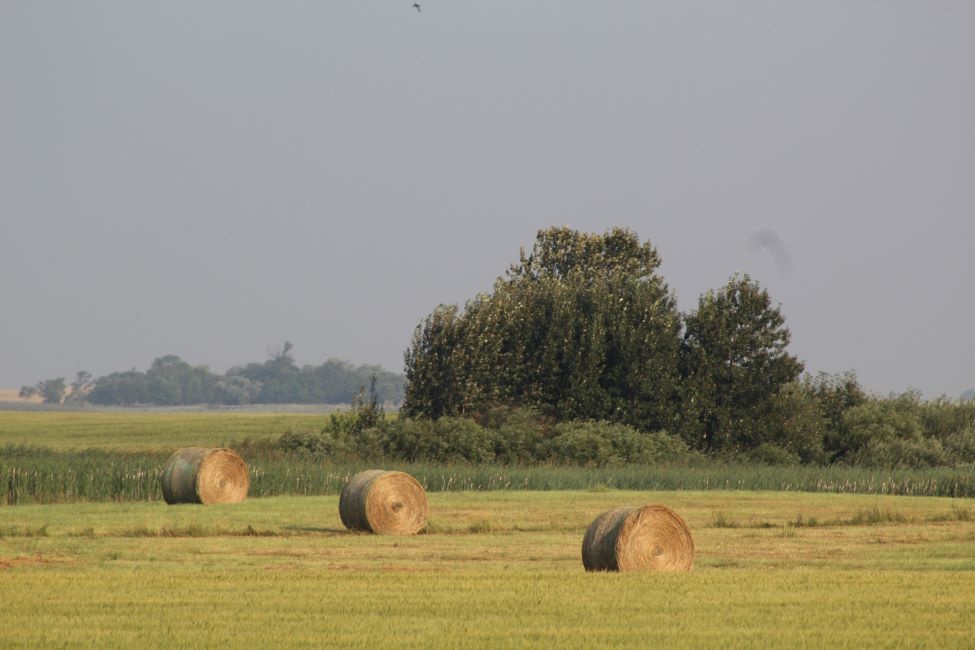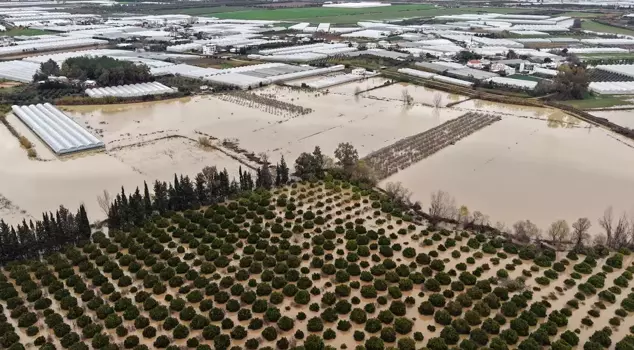Ten insurance policies should be enough to give adequate cover to a couple. At least that's what Mumbai-based Madhukar Avhad and his wife Leena thought when they bought three endowment policies, three money-back plans, a whole life policy and three Ulips. However, the cover is far from adequate . The 10 life insurance policies , for which the Avhads pay an annual premium of 1.25 lakh, give them a combined cover of only 20.6 lakh. Madhukar's insurance of 13.6 lakh is not even enough to cover his outstanding home loan of nearly 15 lakh.
The Avhads are not alone. After bank deposits, life insurance is the most favoured financial investment for Indians. Almost 20% of their total household savings flow into life insurance. The question is whether this money goes into the right policies. The average cover offered by life insurance policies bought in 2010-11 was 1.83 lakh, which is woefully low. A recent study by US-based financial planning giant, Ameriprise Financial, says that Indian investors tend to buy the right products, but for the wrong reasons. Only 56% of the respondents had bought life insurance to cover the risk of early death. Other buyers either sought high returns or tax benefits.
Does your insurance portfolio also resemble the collage of policies that the Avhads have collected over the years? Your insurance plans may not necessarily protect your family. As in the Avhads' case, a large number of policies does not translate into adequate protection.
Source - http://timesofindia.indiatimes.com/













